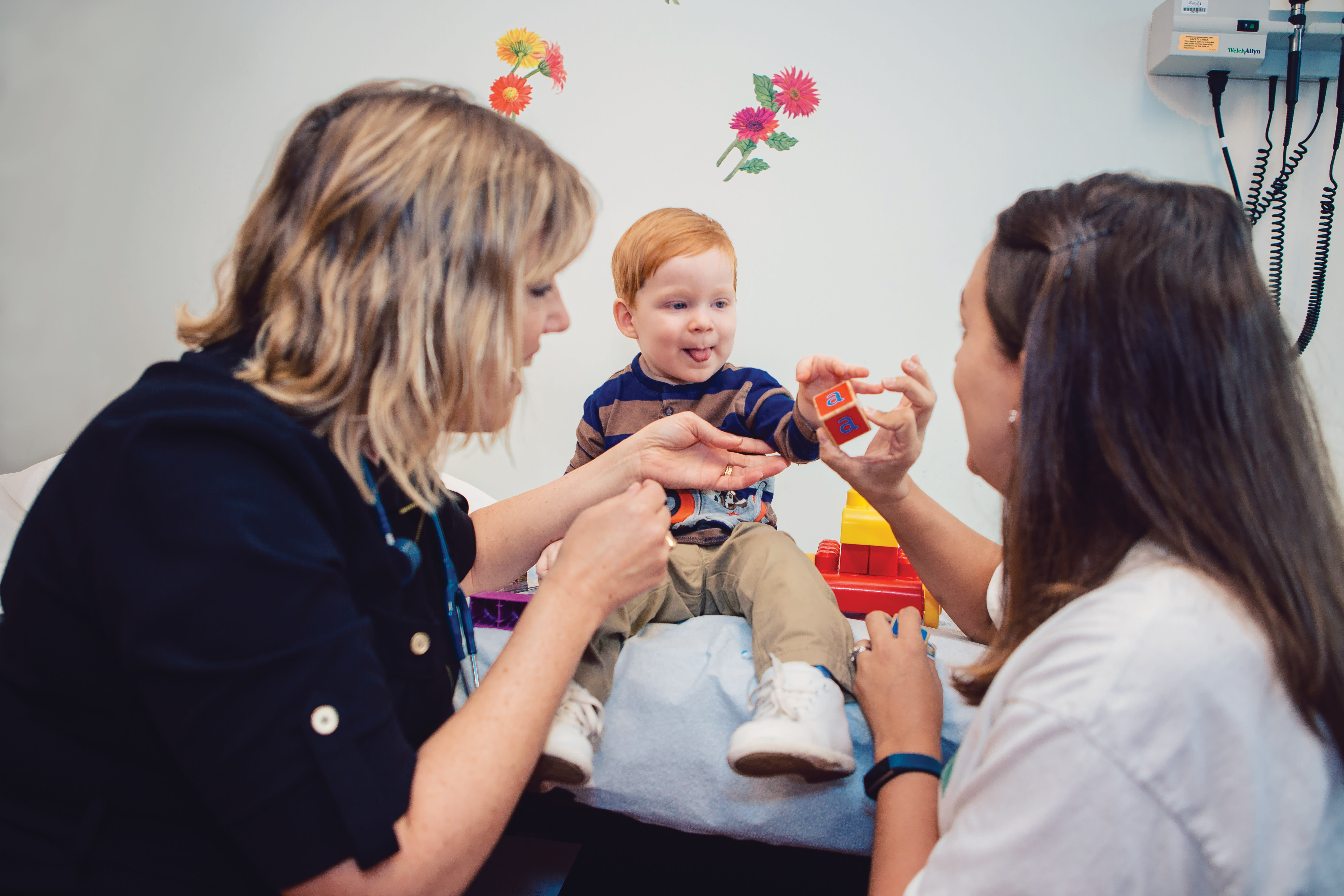How early can cerebral palsy be detected in babies?
Risk factors for Cerebral Palsy can often be identified before birth such as in pregnancies with a high-risk of premature labor, low-birth weight, or complications that could impact how much oxygen the baby’s brain receives during birth. Where there is concern, formal assessments can begin before five months old, using diagnostic tools such as the General Movement Assessment, HINE neurological exam and MRI imaging.
Researchers now discourage waiting for a developmental delay to exist before assessing risk, because missing milestones may mean it too late to rehabilitate that skill.




